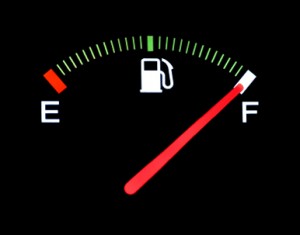 Fuel for the body comes from nutrients in the food we eat and the fluids we drink. These essential nutrients are commonly broken down into three categories: carbohydrates, fats and proteins.
Fuel for the body comes from nutrients in the food we eat and the fluids we drink. These essential nutrients are commonly broken down into three categories: carbohydrates, fats and proteins.
To maximize your performance and get more out of your training program, you need to fuel your body correctly. The essential nutrients will help you to increase your energy levels, delay fatigue, train harder and longer, and recover more rapidly. In order for this to happen, however, you must understand how your body uses its energy sources.
During exercise, your body gets energy from carbohydrates, fat and protein. For example, when you sprint, weight training, kick or jump, carbohydrates are used for energy production. Aerobic activities burn energy from a mixture of carbohydrates and fats. Protein kicks in when carbohydrates are in very short supply.
The higher the training intensity, the greater the proportion of carbohydrate used and the lower the proportion of fat. The longer the duration of training, the smaller the fuel contribution from carbohydrate and the greater the contribution from fat (and possibly, protein).
Carbohydrate makes a greater contribution at the beginning of an exercise session when stores are higher. As stores gradually become depleted, it provides increasingly less of the total fuel mixture.
When you start a training program, your body will rely more heavily on carbohydrate for fuel at any given exercise intensity. As you become better conditioned and your aerobic fitness improves, fat is more easily broken down and accounts for a higher proportion of the fuel mixture.
[eminimall]